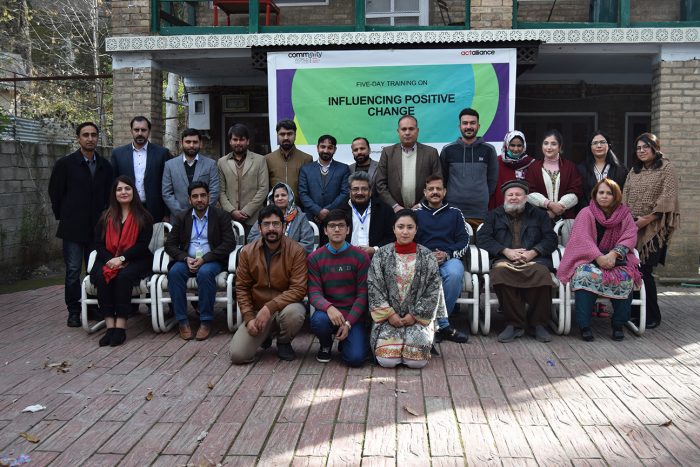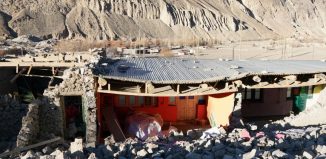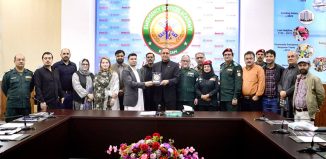Coaching humanitarian practitioners to create a culture of positive change
National level organizations are considered agents of change as they amplify community voices through awareness raising and networking. Consequently, they play an instrumental role in education and changing public opinion and often collaborate on initiatives to ensure that social development concerns of communities at local, provincial and national level are addressed.
To achieve effective sustainable change, NGOs must have the ability to plan and facilitate efficient communication processes that mobilize efforts at both the organizational and programmatic levels. Consciousness, relationship building and networking is key to enabling positive policy change in favor of marginalized communities.
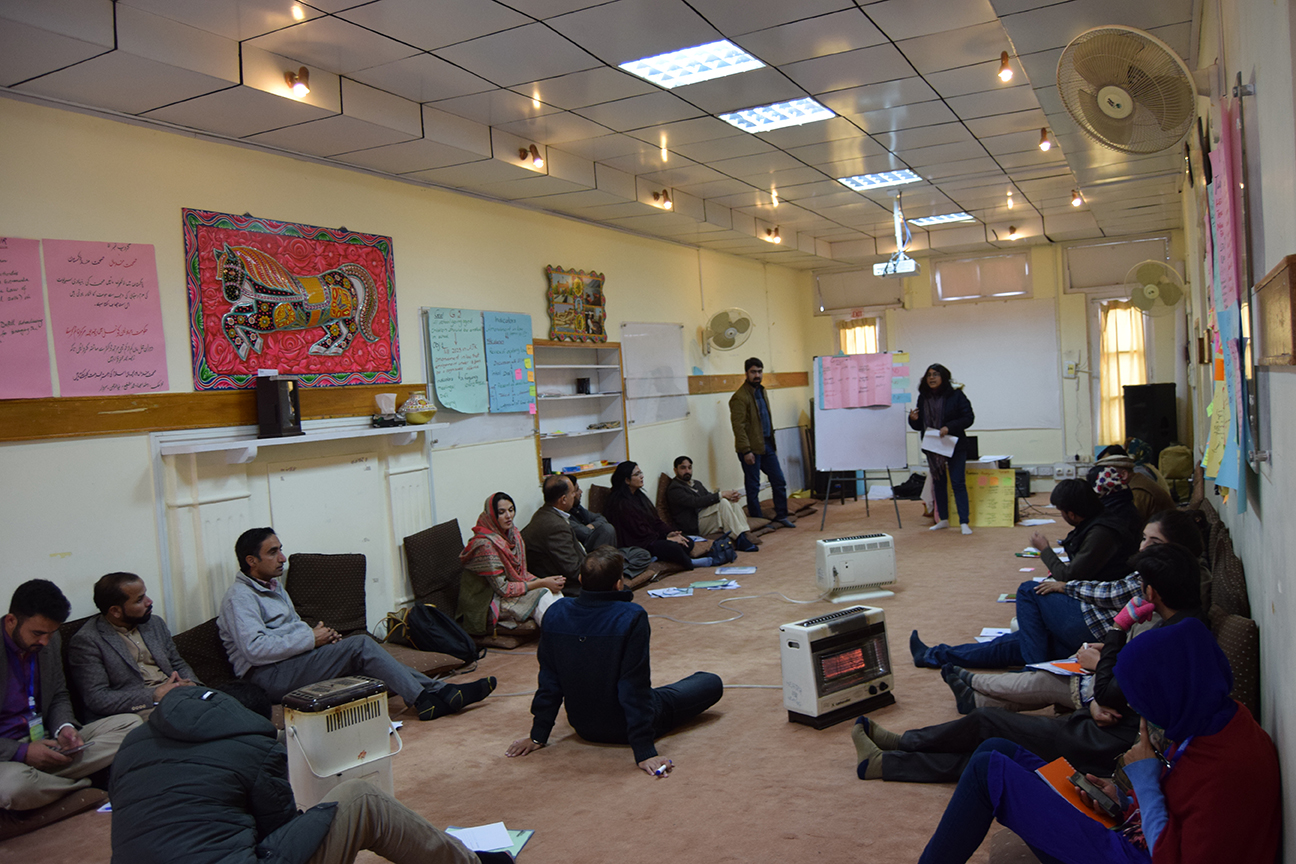
Community World Service Asia conducted a five-day training on “Influencing for positive change” in Murree. Twenty-one humanitarian and development practitioners from local organizations across Pakistan, participated in the five-day residential training in December 2019. The lead trainer of the training, Aftab Ahmed Awan, is a development professional and Human Rights and Sexual and Reproductive Health and Rights expert with 15 years of experience in the field of development and Human Rights Programs Management, working with government, national and international developmental organizations. Currently he is the Chief Executive Officer (CEO) of Society for Sustainable Development (SSD) in Islamabad.
The agenda of the training enabled participants to understand tools and approaches for influencing and making decisions towards sustainable change. The sessions enhanced knowledge on developing strategic approaches for the policy engagement. Participants were equipped with strategic communication plans to design campaigns for social change through policy reforms on local and national level. The training sessions applied a participatory approach, that included role plays, group exercises and discussions and kept participants engaged throughout the workshop.
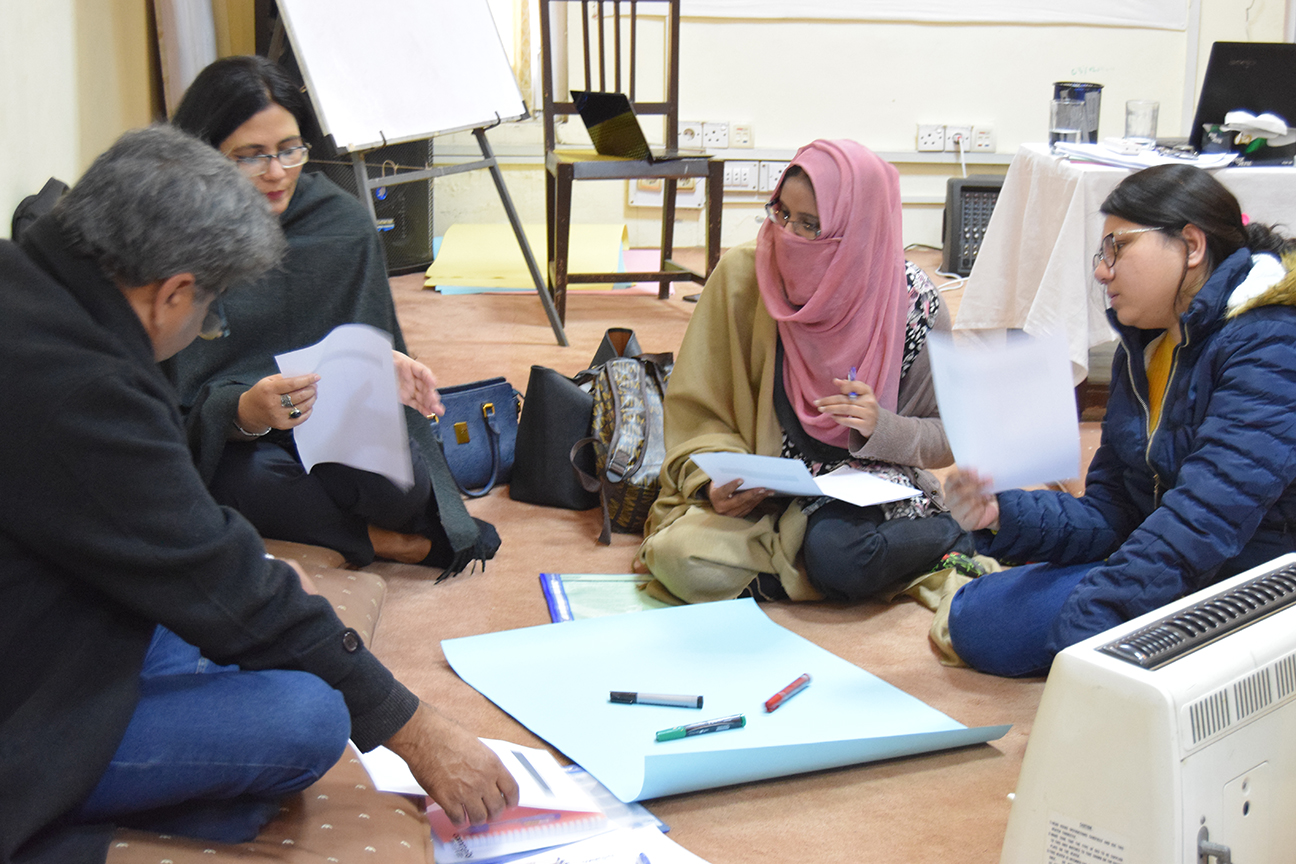
The session on ‘Understanding and Contextualizing Influencing’ helped participants identify relevant stakeholders, set goals and define strategies to achieve their objectives. Influencing messages were the key highlight that tailored to specific target audiences in order to frame the issue and persuade others to support the network’s position. In group assignments, participants developed key messages for their relevant target audiences. The participants were asked to keep two key elements in mind while developing the messages, namely language and content. The content refers to the central idea of the message while language consists of the words, we choose for communicating our message.
Stakeholder’s analysis is important to build a consensus to support a network’s Influencing issue. The larger the support base, the greater are the chances of success. Group activities aided in strengthening networks to build alliances. These alliances aim to work together to achieve common goals.
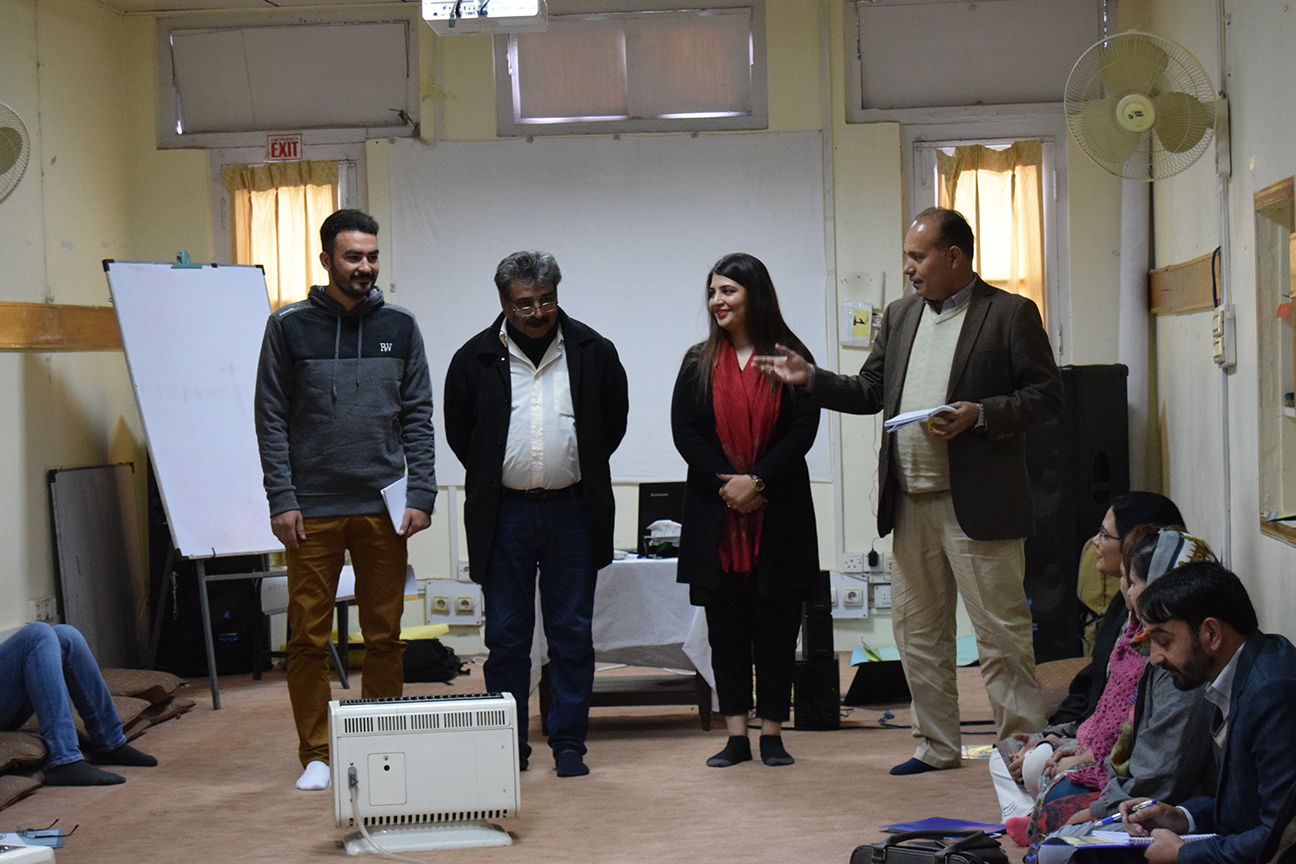
Participants’ Voices:
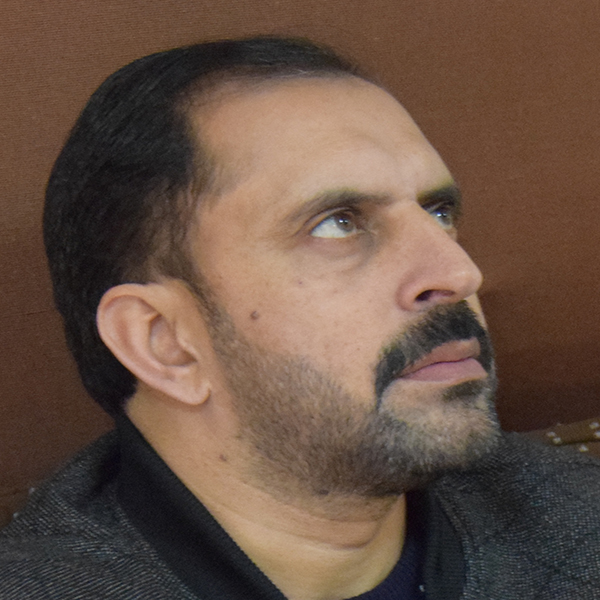 “The training on Influencing Positive Change was a great learning experience. Aftab, our lead trainer, an energetic and motivational person kept us engaged throughout the sessions. The participatory approach allowed us to engage, interact and learn from each other’s’ experiences.” Sardar Shahzeb Hanif, Read Foundation
“The training on Influencing Positive Change was a great learning experience. Aftab, our lead trainer, an energetic and motivational person kept us engaged throughout the sessions. The participatory approach allowed us to engage, interact and learn from each other’s’ experiences.” Sardar Shahzeb Hanif, Read Foundation
“The resource person, Aftab, had a good grip on the sessions he conducted. The training was very engaging and interactive. The sessions on development of effective messages, risk analysis and mitigation strategies provided knowledge and ways to involve communities in the humanitarian actions.” Ambreen Kanwal, Strengthening Participatory Organization (SPO)
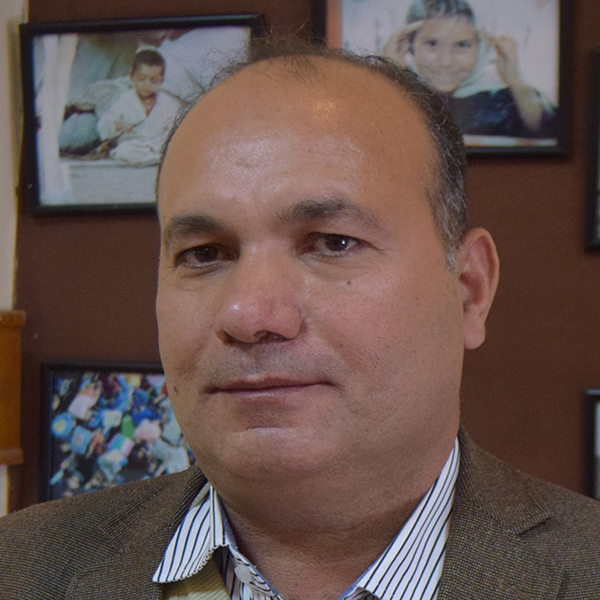 “The training was really thoughtful, and according to the needs and expectations as mentioned in the baseline and Training Needs Assessment. The activities during the training has advanced my knowledge on stakeholder analysis, behavior change communications, political analysis and monitoring and evaluation in the process of influencing for positive change. The contents delivered during the sessions were well planned and informative.” Dr. Muhammad Shafi, Brook Pakistan
“The training was really thoughtful, and according to the needs and expectations as mentioned in the baseline and Training Needs Assessment. The activities during the training has advanced my knowledge on stakeholder analysis, behavior change communications, political analysis and monitoring and evaluation in the process of influencing for positive change. The contents delivered during the sessions were well planned and informative.” Dr. Muhammad Shafi, Brook Pakistan
“The sessions provided ample information on policy analysis, developing effective communications skills and designing influential key messages to deliver during campaigns. The diverse group present at the training allowed experience sharing and productive networking.” Zafar Malik. Aaghaz Foundation
“I am grateful to get this opportunity to learn and enhance my experience. The training materials were easy to understand and accessible. I am more confident now to plan a campaign for influencing and delivering positive messages for change. The sessions on power analysis, risk assessment and communication strategies have enabled me to plan campaigns on interesting topics and convey the right message. The action plans developed on the last day will help us utilize our learning and implement the tools we have learnt for effective campaigns.” Zunaira Cheema, Youth Development Center, Punjab House





